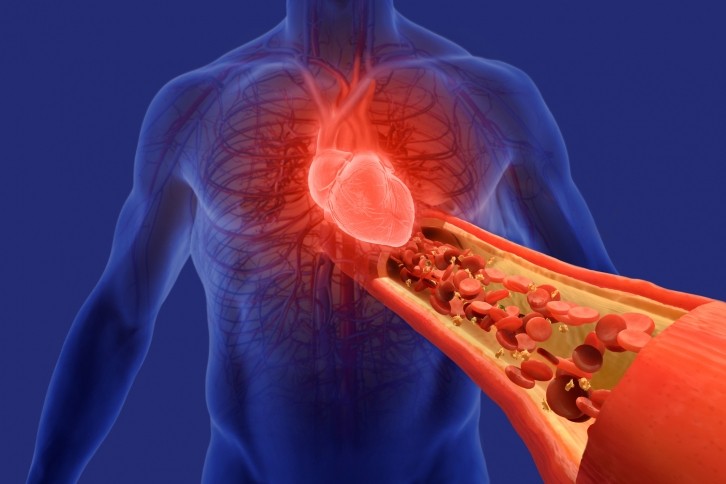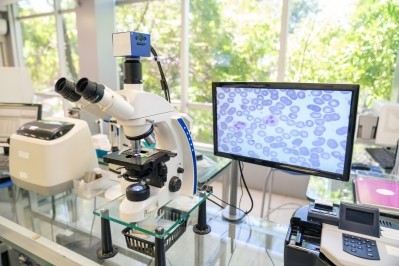PlaqueTec and Babraham Institute collaborate on phenotypic screen of coronary artery blood

The collaboration project aims to utilise the assay to perform cell phenotyping analysis on coronary artery samples obtained from patients in the BIOPATTERN trial using PlaqueTec’s sampling device, the liquid biopsy system.
This analysis could uncover novel biological insights into the cell types accumulating at coronary disease sites.
The resulting data will be integrated with other multi-omics and imaging data collected in the BIOPATTERN trial to inform precision approaches to CAD treatment.
“At PlaqueTec, we are committed to improving prospects for patients with CAD. Through this collaboration with the Flow Cytometry Facility at the Babraham Institute, we aim to gain further novel insights into the pathobiology of CAD by identifying and characterising the different cell types accumulating at or near coronary disease sites.” Dr Diane Proudfoot, chief scientific officer at PlaqueTec said.
“We anticipate these studies will help us to better understand CAD on an individual patient level, informing the development of precision medicine approaches to improve the outcome for patients.”
PlaqueTec and the Flow Cytometry Facility were previously awarded funding by the Babraham Research Campus to design and develop an assay for the identification of different cell types present in human blood samples, for use with spectral cytometers.
Dr Rachael Walker, head of flow cytometry, flow cytometry dacility at the Babraham Institute, added: “We are delighted to collaborate with PlaqueTec, who are also based on the Babraham Research Campus, to develop a unique cell phenotyping assay that will support its BIOPATTERN trial. The assay validation studies have already supported our teaching courses and staff development, and we look forward to adding this service to our flow cytometry offering at the Babraham Institute.”











